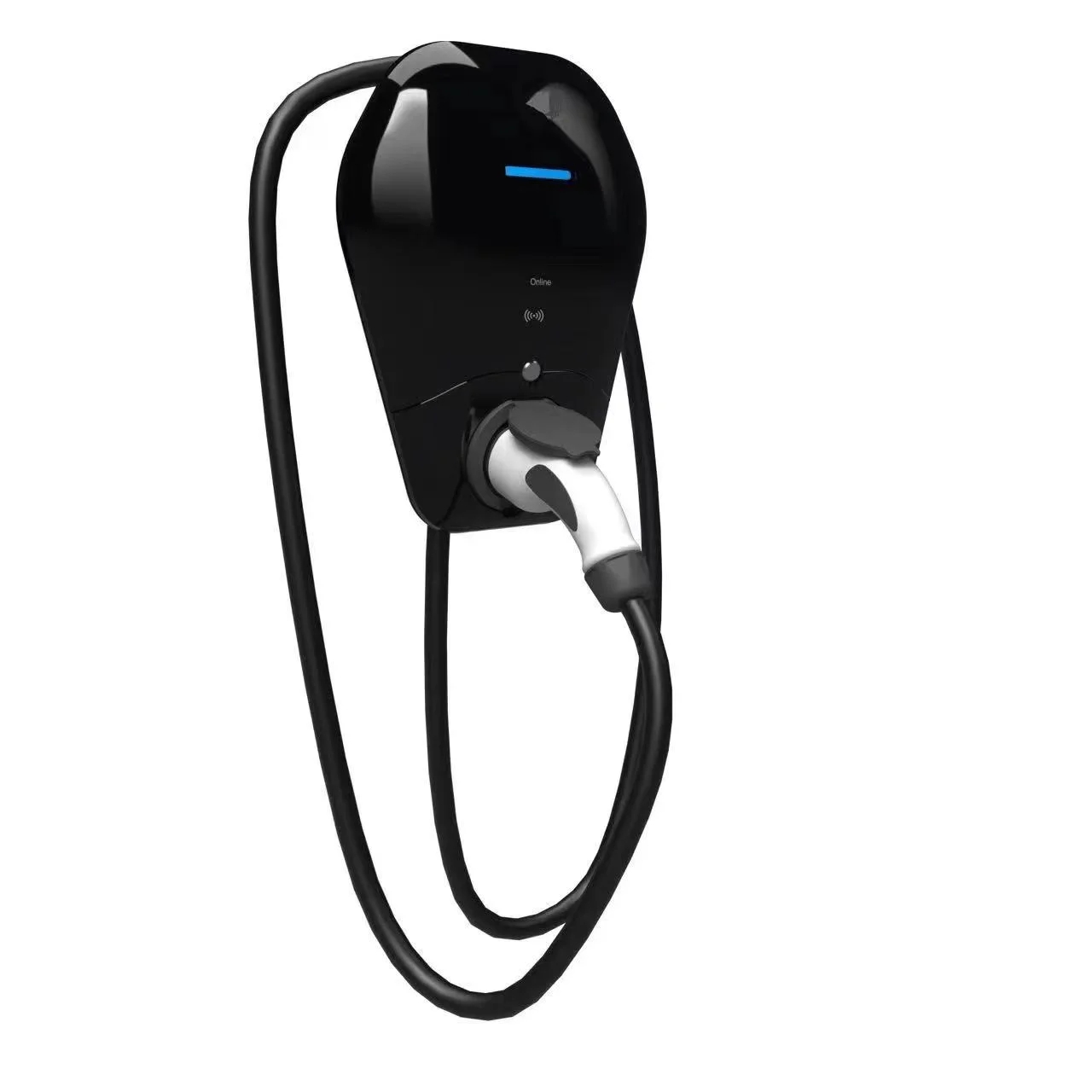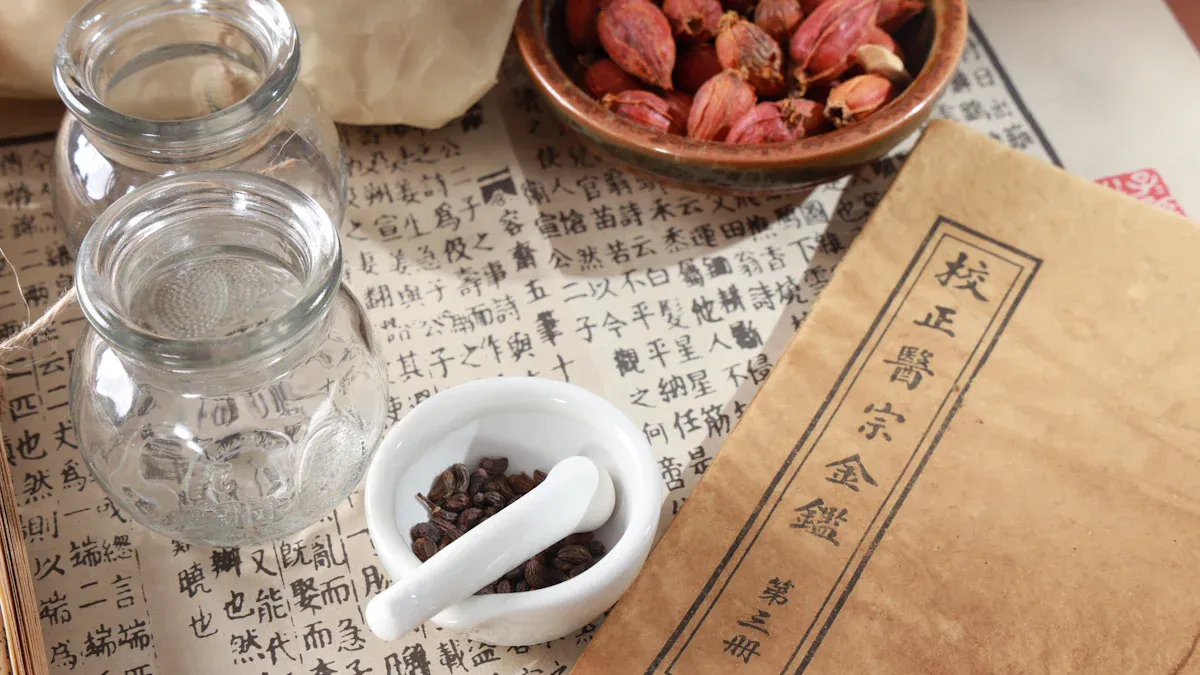Vacuum pump oil is one of the key factors for the normal operation of vacuum equipment. It not only plays a lubrication role, but also has multiple functions such as sealing, cooling, and rust prevention. For vacuum pumps, the selection, use and maintenance of vacuum pump oil are very important. Fluocon® PFPE vacuum pump oil developed by Kingrande New Material can provide customers with ideal system solutions that meet harsh application conditions, long cycles, high vacuum, and little (free) maintenance.

The importance of vacuum pump oil
Lubrication function
One of the main functions of vacuum pump oil is lubrication. During the operation of the vacuum pump, the various components inside the pump need to rub against each other to generate power. Vacuum pump oil can effectively reduce frictional resistance, save energy, reduce wear and extend mechanical life. The quality of lubrication effect directly affects the operating efficiency and life of the vacuum pump.
Sealing function
Vacuum pump oil also has a sealing function. It can form an oil film inside the pump to prevent atmospheric air from entering the exhaust valve, thereby maintaining the vacuum of the vacuum pump. In addition, vacuum pump oil can also fill the gaps between relatively moving parts, act as a seal, and prevent gas leakage.
Cooling function
During the operation of the vacuum pump, the heat generated by friction will increase the internal temperature of the pump. Vacuum pump oil can take away this heat and play a cooling role, ensuring stable temperature inside the pump and preventing damage caused by overheating.
Anti-rust function
Vacuum pump oil can also prevent surface corrosion on equipment or parts. During the operation of the vacuum pump, the additives in the oil can form a protective film with the metal surface to effectively prevent the metal from being oxidized or corroded.
Other functions
In addition to the above functions, vacuum pump oil also has the functions of carrying, washing, shock absorption, kinetic energy transmission and protection. It can trap dust particles or other particles generated by wear in the oil to reduce wear damage; it can also remove carbon particles or wear objects from moving parts; at the same time, the vacuum pump oil can also play a role in stress dispersion and buffering, dispersing load and buffer impact; in addition, it can also transfer kinetic energy and is mainly used in hydraulic systems, motors and continuously variable speeds; finally, vacuum pump oil can also form a protective oil film to prevent water and chemical vapor condensation from corroding internal parts of the pump.
Maintenance methods of vacuum pump oil
Choose the right vacuum pump oil
Choosing the right oil for your vacuum pump is crucial. Vacuum pumps of different models and uses have different oil requirements. Therefore, when selecting vacuum pump oil, vacuum pump oil with appropriate performance and viscosity grades should be selected according to the equipment manufacturer's oil regulations. At the same time, avoid using substandard or deteriorated oil to avoid damage to the vacuum pump.
Keep oil levels moderate
When the vacuum pump is running, ensure that the oil level is at the center of the oil mark. If the oil level is too low, it will lead to insufficient lubrication and increase friction and wear; if the oil level is too high, it may cause oil to overflow and pollute the working environment. Therefore, regular inspection and adjustment of the oil level are important steps in maintaining the vacuum pump.
Change vacuum pump oil regularly
Vacuum pump oil will gradually deteriorate during use, so it needs to be replaced regularly. The replacement cycle should be determined based on the use of the vacuum pump and the performance requirements of the oil. Generally speaking, the oil of a new vacuum pump should be changed after a period of operation (such as 100 hours); after no black metal powder is visible in the oil, the oil change period can be appropriately extended. When changing the oil, the inside of the pump should be thoroughly cleaned to ensure that no old oil remains.
Check oil quality
Regularly checking the quality of vacuum pump oil is an important part of maintenance work. If you find that the oil color becomes darker, turbid or has a peculiar smell, you should replace it with new oil in time. At the same time, attention should be paid to checking whether there are impurities or metal particles in the oil, so that wear problems inside the pump can be discovered and dealt with in time.
Regularly check vacuum pumps and pipelines
Regularly checking the operation of the vacuum pump and pipeline is the key to preventing failures. The pump body should be checked for abnormal vibration, noise or leakage; the pipelines and joints should be checked for looseness or damage; the wear of the shaft sleeve should be checked, and seriously worn parts should be replaced in a timely manner. In addition, the filter should be cleaned and replaced regularly to ensure the cleanliness of the oil.
Conclusion
To sum up, vacuum pump oil plays a vital role in the operation of vacuum pumps. The correct selection and use of vacuum pump oil, as well as regular maintenance and repair of the vacuum pump, are the keys to ensuring the normal operation of the vacuum pump and extending its service life. Therefore, we should fully realize the importance of vacuum pump oil and master the correct maintenance methods to ensure the stable operation of the vacuum pump.
Kingrande
wxam.assistant@marketingforce.com




